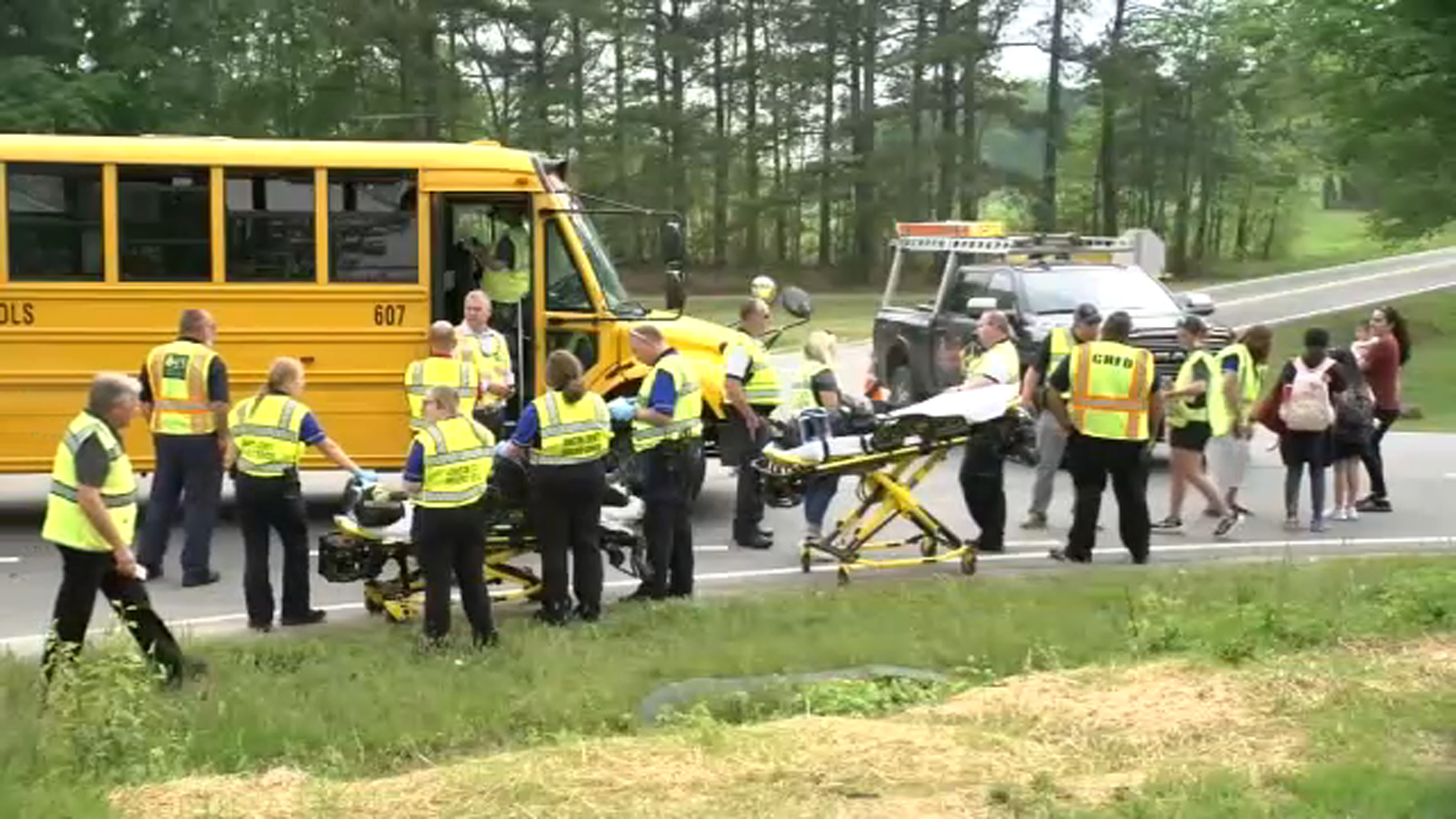NC wildlife officials encourage 'peaceful coexistence' after Durham coyote attack

DURHAM, North Carolina (WTVD) -- Following a heartbreaking incident in Durham where a coyote snatched a family's dog from their backyard, experts with the NC Wildlife Resources Commission are encouraging residents to learn how to peacefully coexist with the wild animals and better protect their pets.
"It's heartbreaking to hear about the loss of a pet for anyone," said Jessie Birckhead, Extension Wildlife Biologist. "It's not totally surprising."
READ MORE ABOUT THE COYOTE INCIDENT HERE
Birckhead said while coyotes don't see people as food, they can't tell the difference between a domestic pet and a small wild animal.
Lamar Rowland showed ABC11 where a coyote got hold of his 7-year-old Maltese, Lily last week and dragged her into the woods behind his house on Pebble Creek Crossing in Durham.
He tried finding her but was unsuccessful. He's been alerting his neighbors ever since.
"A lot of them wasn't aware of the threat because it's not out there," said Rowland, who, for the last year, has spotted the coyotes and heard them howling. "As neighbors, we need to be more vigilant. We need to speak out when you see something."
Birckhead said coyotes have been living in all of North Carolina's 100 counties since 2005, coming either through natural migration from the west or being introduced, mostly by hunters bringing them in illegally.
"It's not uncommon to see coyotes in urban and suburban areas," said Birckhead. "Coyotes are incredibly adaptable animals. So they'll find little, small patches of natural areas behind people's houses, in subdivisions and they'll live there and they'll use that as a home base and go out from there and look for food resources."
Coyotes travel in family groups and this time of year, are usually looking to feed their young. Birckhead described the animals as opportunistic omnivores, meaning they'll eat just about anything from vegetation to small mammals.
While typically wary of people, coyotes have grown more comfortable over time, since they have access to food in neighborhoods, such as pet food left outside and food left in unsecured trash cans.
In addition to keeping a close eye on small pets, keeping them leashed while outdoors, and cleaning food sources, Birckhead offered some practical advice for deterring coyotes from settling near your home:
"Anytime you see a coyote, don't be afraid to yell at it, make noise at it, throw things at it. The coyote is not going to retaliate in some way and come after you. It's going to leave the area. And over time, you can help educate that animal that people are not its friend and it's not welcome on your property.
Anyone with questions or concerns about wildlife should call the NC Wildlife Resources Commission at (866) 318-2401. Residents are encouraged to email questions and photos of wildlife as well so the experts can give you proper guidance: wrccomments@ncwildlife.org
For more information, including hunting and trapping regulations, click here




